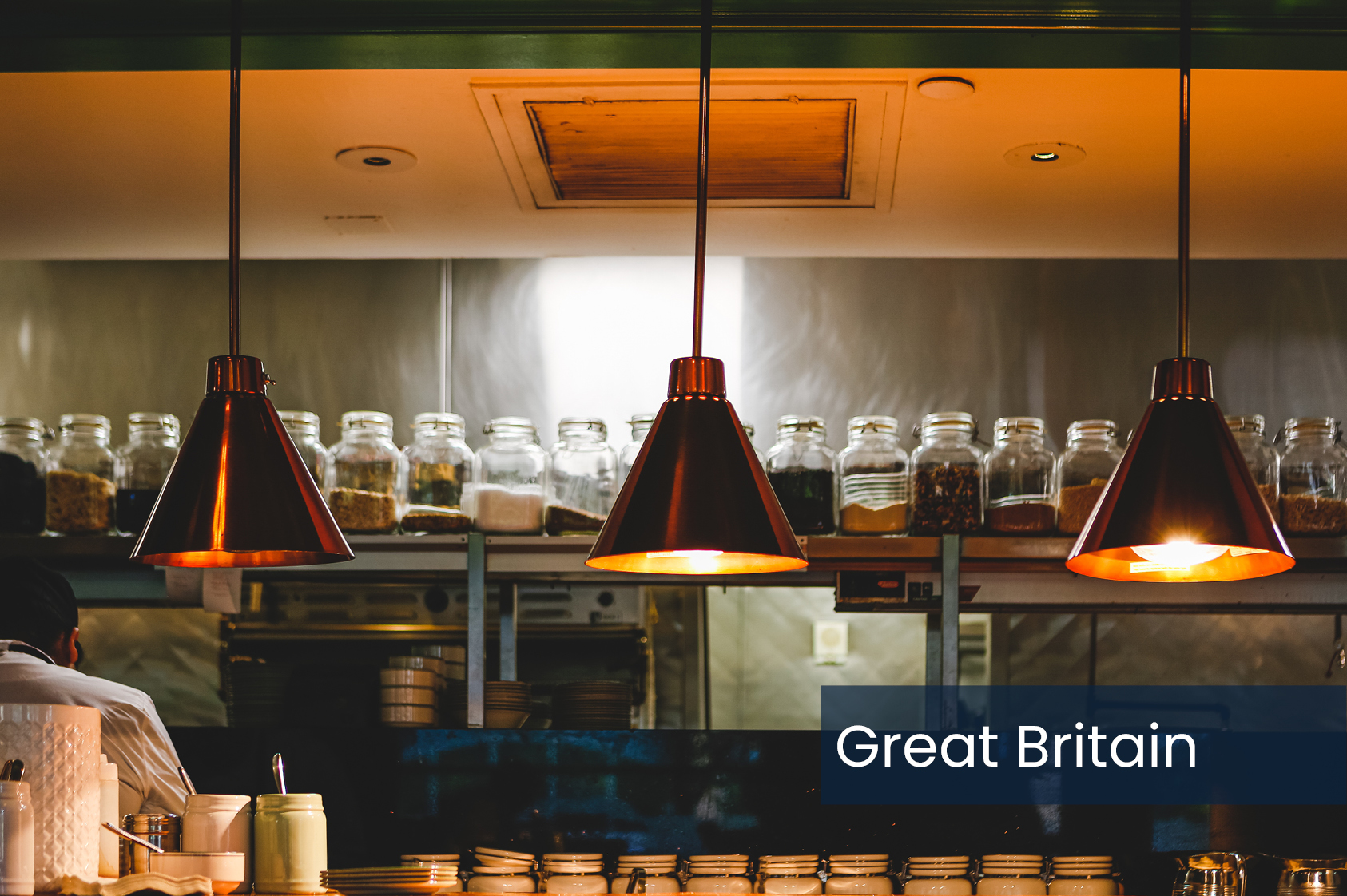
Here are four of the top developments he highlighted:
1 Localism
COVID triggered a widespread shift to working from home, and more than two thirds (70%) of consumers predict they will continue to at least partly do so in the long term. This presents a challenge for groups based in office hubs like London, but is better news for operators in the suburbs, where food sales have generally outstripped high streets since hospitality reopened. Lockdowns have also focused people’s minds on their communities, and 17% now plan to visit more local hospitality venues. However, this does not mean the death of our cities and in our key centres new and revitalised neighbourhoods are emerging. Wherever they are located, all restaurant brands will need to think hyper-locally about their customers and their offer.
2 Omnichannel
COVID and lockdowns have prompted restaurants to find new ways to reach consumers. Fast-growing channels have included deliveries and takeaways, sales of which have more than doubled from pre-pandemic levels, according to the Hospitality at Home Tracker from CGA and Slerp. Cook-at-home meal kits were another lockdown success story for restaurants, and a growing number of brands have broken into supermarkets and other retail channels. Consumers are engaging with restaurants in more ways than ever, and brands need to respond with seamless omnichannel experiences.
3 Sustainability
Growing awareness of the climate crisis is leading consumers to demand greener practices from restaurants. Nearly three quarters (72%) claim sustainability is an important factor when deciding where to eat out, and two thirds (67%) say wastage policy matters to them. While some are happy with the sustainability policies they find, 42% think venues don’t yet do enough to inform them about the sustainability of their food options. As well as helping to protect the planet, restaurants that establish environmental-friendly credentials—and, equally importantly, communicate them properly—could well have a competitive advantage in the months ahead.
4 Experience
COVID has led many consumers to reassess their priorities in life, and two thirds (65%) agree that it has made them realise they need to live in the moment. This kind of mindset makes the experiential aspect of a meal out as important as the food on the plate in many case. Some people are looking for experiences such as one-off sporting events, but the key is to understand your customers and focus on experiences that are attainable in your venues. Basics such as quality, atmosphere and presentation are also increasingly important in people’s restaurant choices, and other elements that fit people’s lifestyles, like the availability of healthy options or cocktails, are important considerations too.
Karl Chessell is CGA’s business unit director – hospitality operators and food, EMEA. To learn more about the research presented at the Restaurant Conference, and how CGA’s consumer insights can support the 2022 planning of all On Premise suppliers and operators, email karl.chessell@cgastrategy.com.



